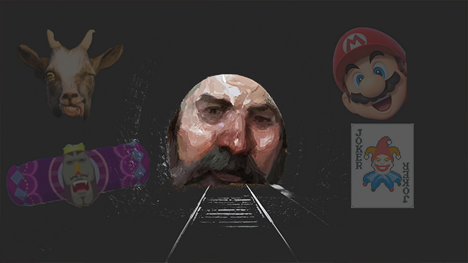Altagram only able to properly credit devs on 5 percent of projects, estimates CEO
During a recent chat at Gamescom, Altagram CEO Marie Amigues suggested miscrediting is endemic within the localization industry but believes a tipping point is approaching.
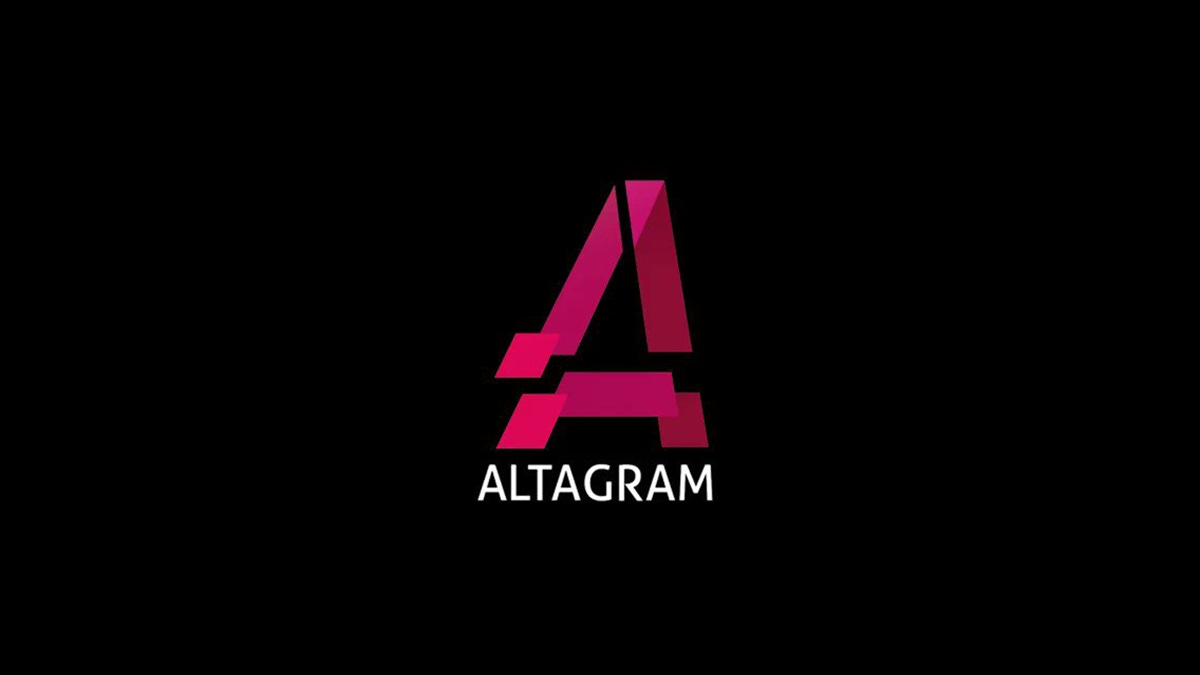
Altagram founder and CEO Marie Amigues has told Game Developer that miscrediting in the localization industry is endemic and is often the result of large publishers and studios refusing to acknowledge the work of third parties.
In a wide-ranging interview at Gamescom 2023 that took place shortly after Altagram apologized for leaving out the names of its own freelance translators in the credits for Baldur's Gate 3, one of the year's most celebrated releases, Amigues said many of the instances of miscrediting that have made headlines are just the tip of the iceberg.
After explaining how the names of Altagram contractors came to be omitted from the credits of Baldur's Gate 3 and reiterating that Larian wasn't at fault—she claimed the issue was caused by a last-minute hold-up in changing Altagram's own crediting policy to better recognize freelancers, and says the situation was "totally non-intentional"—the long-serving CEO said getting recognition within the world of localization has been an uphill battle that has spanned decades.
Altagram CEO suggests big companies hold the power
For instance, when asked why some of Altagram's freelance translators were also left out of the Diablo IV credits, Amigues explained that, although the company has a long-standing relationship with Blizzard, the studio appears to have an unwritten rule that it never credits freelancers.
"We've worked on a lot of their titles and they never ask us for the names of our freelancers," said Amigues, who claimed she doesn't understand why that's the case, but believes it's now changing because of the backlash around miscrediting. Discussing the bigger picture, she said localization vendors "almost never have any power" when it comes to crediting, and that it's the developer who ultimately makes the decision about who's going to be included in the credits.
"We have games that have just released now, the names of which I can't disclose, where we don't even have the name of our company in the credits," said Amigues. "They tell us they don't have enough space, and then what can I do? I'm not going to start a fight with every single studio. Often, they say 'we'll tell you in advance if you're going to be in the credits or not,' but I cannot refuse work whenever I think I need to fight."
For context, Altagram has worked with companies like Blizzard Entertainment, Focus Interactive, Thunderful, Quantic Dream, Supercell, King, Gearbox Publishing, and more. The company styles itself as a "one-stop localization, audio and QA solution provider" and has offices in Germany, South Korea, and Canada.

Altagram has worked on notable projects including Diablo IV, Planet of Lana, and Ghostwire: Tokyo
As a result of those policies, Amigues said Altagram is now asking all of its partners to explain how they handle crediting ahead of time so the company's own workers, including freelancers, can make an informed decision about whether or not they want to commit to a project knowing they might not be credited.
To further highlight the scale of the issue, Amigues explained that out of all the projects Altagram works on in a single year, the company might only be successful in publishing a complete list of credits in around 5 percent of those titles—many of which it cannot discuss due to NDAs that have been signed. "Most of the time we don't have the right to express why we've been dumped from the credits," she adds. That estimate, according to Amigues, would probably hold up if you assessed all of the projects Altagram has worked on to-date, which its website indicates is over 6,000 titles.
For Amigues, it's a statistic that shows Altagram itself is often in the same boat as the translators it hires. "It's only very recently that [partner companies] started to ask us to send over the names" she said. "Before that I was fighting systematically to talk about the projects we were working on." In response, I pointed out that Altagram could perhaps still find workarounds to ensure those it employs—be they internal hires or freelancers—are able to prove they worked on a specific project, even if the studio or publisher itself is unwilling to play ball.
Amigues accepted Altagram has a responsibility to its workforce, and explained it's considering a number of solutions, including the creation of a separate 'credits' page on its own website that could be used to spotlight the names of individuals who contributed to specific projects.
Altagram commits to creating and sharing its own set of crediting guidelines
Notably, Amigues added that Altagram is also working on its own set of crediting guidelines that will hopefully expand on similar frameworks created by the IGDA while addressing some blind spots. For example, Amigues said the IGDA's guidelines advise companies to give credit "if a team member has worked for the company for a minimum of 30 days," whereas Altagram believes anybody who contributes should receive credit.
"We're trying to make [our guidelines] as simple as possible," she continued, noting that Altagram has been meeting with key figures in the industry to solicit and incorporate feedback. Amigues said she has also been talking with other vendors about their practices in a bid to encourage "full transparency and accountability" across the industry.
When I asked how long it'll take for meaningful change to take effect, Amigues suggested the industry could be experiencing a tipping point and claimed that a recent surge in bad press for companies—including Altagram itself—can only be a good thing as far as crediting is concerned.
"The amazing thing is, it's probably better to have all these grievances [out in the open]. There are so many voices and they've never been listened to as much," she said. "I'm super confident that the more we talk about it, the more chance we have of effecting change. I think the way this works is that it's a bit of a movement."
At the time of our chat, Amigues suggested Altagram would be able to send over a complete copy of the company's newly minted crediting guidelines so we could share them here. At the time of writing, those guidelines are still being revised, but we'll update this article as soon as they land in our inbox.
If you're interested in hearing the perspective of translators affected by miscrediting, you should check out this extensive feature we published earlier this year that highlights how the practice affects the livelihoods of developers around the world—including those working in localization.
Update (01/09/23): In response to Amigues' suggestion that the IGDA's crediting guidelines fall short in some areas, Nazih Fares, vice chair of the group's game credits special interest group, said the IGDA's guidelines contain a specific ruleset for the localisation vertical to ensure both internal workers and freelancers are properly credited.
"The IGDA guidelines are 20+ pages, and has a specific rule set for a vertical like localization, with a clause set around a contract between the two parties, versus the 30 days probation time of most studio full time employments," he wrote on X in response to this article.
"The reason our guideline is so large and so detailed is to protect missinterpretation, and specifically catered to the outsourced workforce that tend to be discredited just because they're not full time employee. I hope that clarifies this statement from Altagram.
"Every clause in our policy was done after an extensive interview process with numerous contractors, full time, interns, part time in almost every vertical of the game industry."
About the Author(s)
You May Also Like



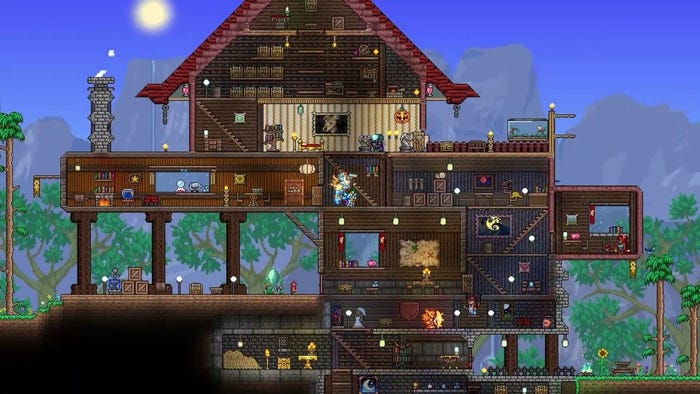
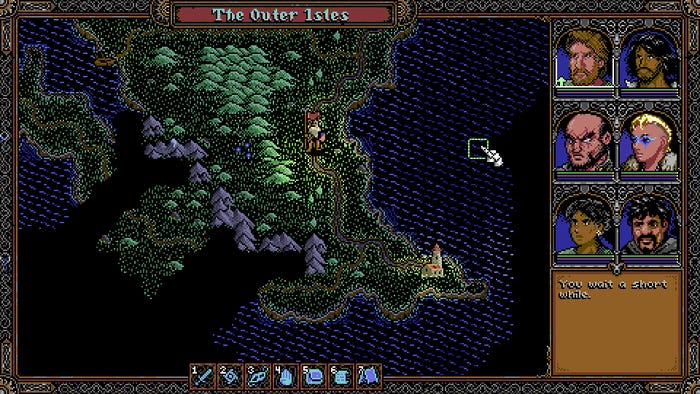


.jpeg?width=700&auto=webp&quality=80&disable=upscale)


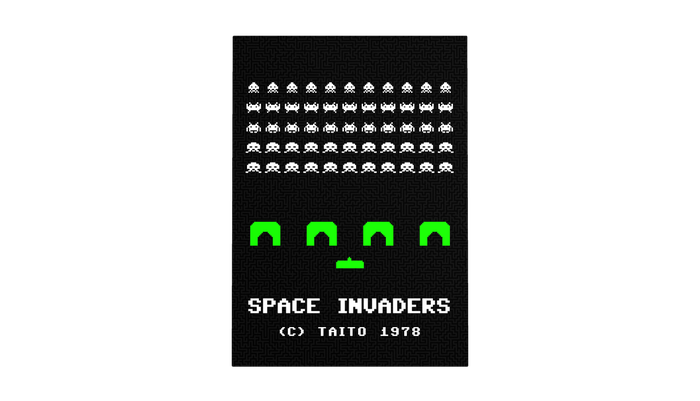
.jpg?width=700&auto=webp&quality=80&disable=upscale)
